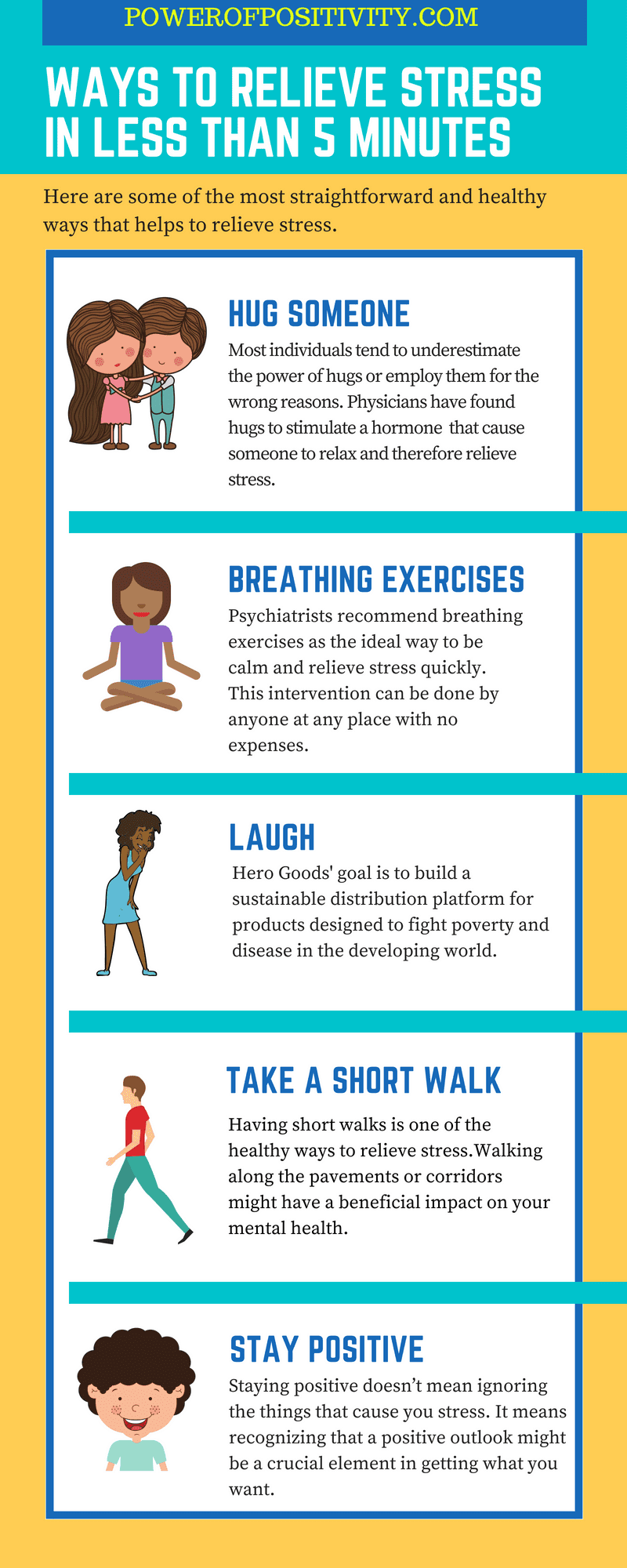With some people it is almost impossible to sense that anything is wrong. Many folks just refuse to complain about anything. Others wear their emotions – and their chronic stress – on their well-worn sleeves.
The truth is, stress is normal, and sometimes, helpful. Moderate levels of stress enable us to act with urgency, perform under pressure, and make timely decisions. Stress can boost our concentration, encourage productivity, and even save our lives. On the other hand, chronic stress – a prolonged stress response to real or perceived pressures – can create a variety of problems. The stress response (or, to be more accurate, the fight-or-flight response) can be our best friend or our worst enemy.
What happens during ‘fight-or-flight’?
When our brain senses danger, it signals the body to release a stream of stress hormones mostly consisting of adrenaline and cortisol. Physically, our body “revs up.” Blood pressure rises, muscles tighten, breathing hastens, and senses heighten. As a result, our focus is boosted, reaction time shortened, and our stamina and strength are amplified.
Mental and Physical Effects
The human body, resilient as it is, isn’t designed to withstand constant stress. Physically, heart and lung conditions can arise, as can chronic pain, irritable bowel syndrome (IBS), damage to reproductive organs, and others. Mentally, the brain can remain in a heightened state of arousal, stimulating the release of stress hormones in otherwise unthreatening situations. This can result in diminished cognitive performance and potential shrinkage to some regions of the brain.
7 Signs Someone is Dealing with Chronic Stress (And Doesn’t Realize it)
1. Pain and tension
The first thing that happens to our body when exposed to stress is that our muscles tense up. The reason for this is that the body is bracing itself for a shock of some sort. When this automatic response remains “switched on,” over time it can lead to headaches, migraines, and other musculoskeletal problems.
2. Digestive problems
Our gastrointestinal (GI) tract, or gut, is super-sensitive to any changes in the body. We’ve all experienced that knot in the stomach when anxious or stressed, and in many ways chronic stress is the same. However long-term exposure to stress can lead to symptoms that resemble irritable bowel syndrome, such as constipation, diarrhea, nausea, and stomach cramps.
3. Reproductive issues
Chronic stress has the effect of suppressing sex drive. Women may experience irregular and painful periods, while men may produce an abnormally low amount of sperm. It may be more challenging to conceive during periods of chronic stress.
4. Elevated heart rate and blood pressure
The fight-or-flight response is a “shock” to the system. When experiencing the stress response, our heart will pump more blood faster. This results in an elevated heart rate (HR) and blood pressure (BP).
5. Insomnia
For sleep to take place, our body and mind must be in a state of relative relaxation. Someone who is chronically stressed may find it much more difficult to fall asleep and stay asleep; additionally, they may notice that sleep doesn’t have a revitalizing effect on their mind and body.
6. Mental and Emotional Problems
As mentioned during the introduction, the human body – and the brain – is not equipped to deal with prolonged bouts of stress. The brain requires periods of downtime to replenish its energy reserves, something that constant stress makes hard. As our hormones are thrown through a loop during stressful times, it’s typical to experience mood swings such as emotional outbursts.
7. Fatigue
This last sign is kind of a no-brainer. The chronically stressed are exposed to considerably more worry than the rest of us. Fatigue during periods of stress is not a weakness or shortcoming, but a natural response to an underlying problem.
Help for Chronic Stress
Listen, we are all stressed out from time to time. Regardless of the degree and frequency to which stress affects you, learning how to manage and prevent chronic stress effectively is a wise idea. On this note, here are a few approaches:
- Exercise: Physical activity can boost your mood and vastly improve your physical health. When it comes to stress-busting, nothing else that you can do comes close to a good sweat session.
- Talk to someone: A good conversation can boost “feel-good” chemicals of the brain and relieve pent-up stress. On a related note, don’t pay attention to the “keep it all inside” garbage advice. Talk to someone trustworthy and empathetic.
- Use your senses: Mindfully engaging one or more of your five senses – touch, sight, sound, smell, or taste – can quickly relieve stress. How you go about this is up to you. Ideas: light a scented candle, pet an animal, or eat a snack.
- Relaxation techniques: Just as there’s an embedded stress response, there is an inherent relaxation response. This is described as a state of deep relaxation and restfulness brought about through activities such as deep breathing, meditation, and yoga.















 Community
Community

